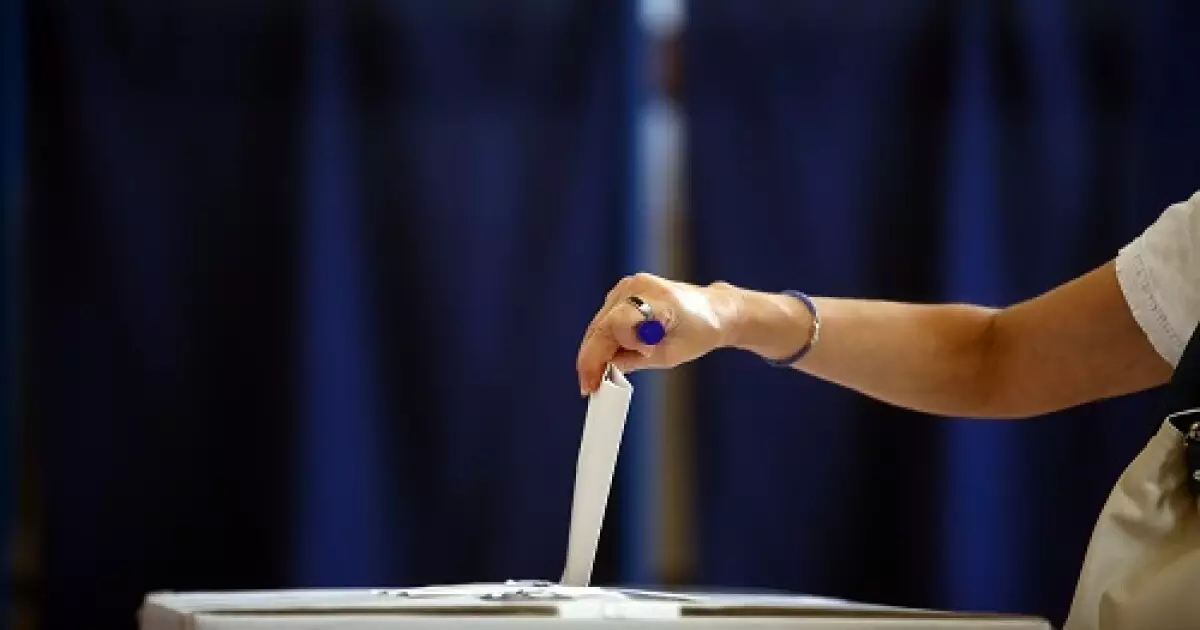As voters prepare to head to the polls next week, a remarkable array of over 300 transportation-related measures will be on their ballots, amounting to a staggering collective value of more than $70 billion. This extensive list of proposals represents an opportunity for communities to reshape their infrastructure landscape and improve transportation systems, thereby enhancing overall quality of life. Importantly, eleven of these measures have the potential to yield at least $1 billion in revenue over their respective lifetimes, underscoring the financial stakes involved in these decisions.
In the southern parts of the United States, particularly South Carolina and Georgia, voters will find local sales tax measures aimed explicitly at transportation. Eight counties in South Carolina are seeking to introduce or renew sales taxes, while seven counties in Georgia are considering similar initiatives. These local efforts illustrate the urgency with which municipalities are approaching the need for sustainable transportation funding, adapting taxation mechanisms to address the growing demands of infrastructure maintenance and development.
The reliance on local sales taxes signals a trend where communities are taking ownership of their transportation funding challenges, seeking solutions tailored to their unique needs. These measures exemplify grassroots activism where citizens are encouraged to voice their opinions on funding strategies that can lead to tangible improvements in public transport, road conditions, and other vital infrastructure.
One of the most notable ballot measures is in California, where a statewide proposition aims to lower the threshold required for passing transportation-related bonds and taxes from 66.67% to 55%. This change could significantly streamline the process for municipalities attempting to secure funds necessary for maintaining and enhancing transportation systems. By reducing the requirement, localities would have an easier path to obtaining the financial backing needed for critical projects involving roads, bridges, and public transit systems.
Proponents argue that this change is vital for regions grappling with aging infrastructure and increasing populations. The ability to fund improvements steadily could pave the way for a more robust transportation network, essential for keeping pace with growth and innovation.
Voters in specific regions, such as Maricopa County, Arizona, will face decisions with significant economic implications. The proposed continuation of a sales tax expected to generate nearly $15 billion by 2045 would target projects aimed at maintaining the region’s enviable commute times. Such investments could drastically improve not just transportation efficiency, but also contribute to economic stability.
In Seattle, the prospect of renewing a local property tax that would garner $1.55 billion reflects citizens’ consistent commitment to investing in their city’s transportation infrastructure. Projects funded by this revenue stream could include critical updates to bus systems, the construction of new bike lanes, and much-needed street repairs.
Another notable measure is in Columbus, Ohio, where a proposed sales tax increase seeks funding for a bus rapid transit system among other infrastructure improvements. Notably, Columbus remains the only major city in the United States without a rapid transit system, highlighting an urgent need for equitable transportation access.
Nashville faces one of the most ambitious transportation initiatives currently on the ballot: a proposed sales tax increase that could generate $3.1 billion dedicated to establishing a bus rapid transit corridor. Such a project stands to transform the mobility landscape in Nashville, providing residents with quicker and more efficient transit options.
This measure underscores a broader trend across the country where cities are increasingly focused on modernizing their transportation infrastructure to meet the demands of growing populations. The growing urgency to expand and improve transportation networks reflects changing societal patterns and economic needs.
Historically, transportation measures have enjoyed strong voter backing, with 88% of transportation investment initiatives approved in the previous year alone. This trend speaks volumes about public recognition of the essential role that efficient transportation plays in daily life. Since 2014, 85% of these state and local measures have met with voter approval, underscoring a consistent commitment toward funding infrastructure improvements across the nation.
As communities deliberate on these critical measures, the results will not just reflect immediate needs but could also herald a new era of transportation development aimed at sustainability, accessibility, and improved economic prospects for future generations.

